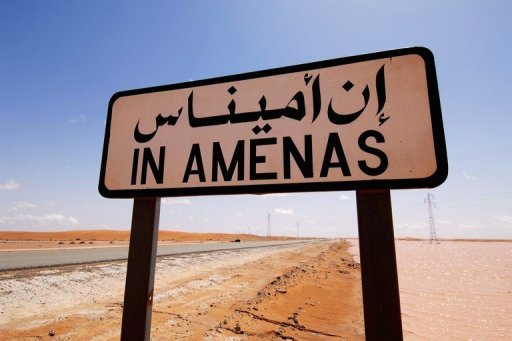
By Mahitab Assran
Interim President Adly Mansour presided over the swearing-in Tuesday evening of the transitional cabinet, which is scheduled to function for six months.
In total, 34 ministers were sworn in; General Abdel Al-Sisi will remain as minister of defence as well as being deputy prime minister. He is joined by Amin Al-Mahdi as minister of justice, Reda Mahmoud Hafez as the minister of military production, Nabil Fahmi as the minister of foreign affairs, and Major General Mohammed Ibrahim as the minister of the interior.
Ziad Bahaa El Din will serve as the minister of international cooperation and deputy prime minister, along with Ahmed Galal as finance minister, Sherif Ismail as petroleum minister, and Osama Saleh as the new minister of investment.
Doria Sharaf al-Din was sworn in as minister of information and Hossam Eissa as minister of higher education.
Dr Laila Rashed Iskander was sworn as minister of environment. Iskandar specialises in Waste Management based on grassroots experience with the Zaballeen (local garbage collectors) community.
The oaths of office follow a tumultuous schedule of meetings with the interim prime minister over the past week.
On Tuesday, Dr Inas Abdel-Dayem, former head of the Egyptian Opera House, withdrew her acceptance of her appointment as minister of culture. El-Beblawi offered Mohamed Saber Arab the position and he was sworn in on Tuesday. Arab has held the same position several times since the 25 January revolution.
Ahmed Darwish, who turned down the position of minister of state for administrative development on Monday, said he “didn’t feel that he received enough support to accept the challenge” and that he preferred to work in any of the other fields in which he is specialised.
According to state-owned Al-Ahram on Tuesday, El-Beblawi merged the ministries of housing and utilities and offered the minister position to Ibrahim Mahlab, who accepted. Mahlab is currently the chairman of the board, chief executive officer and president of The Arab Contractors Osman Ahmed Osman.
Also on Tuesday, El-Beblawi offered former minister of antiques Dr Mohamed Ibrahim his former position, after having offered the position to former dean of antiques at Cairo University Dr Raafat Al-Nabarawy the day before.
Ramzi George and Khaled Abdel Aziz were sworn in as ministers of scientific research and youth, respectively on Tuesday.
Ahmed Sultan was sworn in as minister of transportation. Former minister of transportation Galal Al-Saed and and Dr Osama Akeil, a professor at Ein-Shams University, had been interviewed for the role.
For the Ministry of Civil Aviation, Abdul Aziz Fadel was sworn in. El-Beblawi earlier met Ashraf Zaki to discuss the position. Certain groups in the civil aviation field have called for the appointment of a minister of civil aviation who does not belong to the Muslim Brotherhood nor is connected to the Mubarak regime.
Kamal Abu Eita was sworn in as minister of manpower, who was opposed by the Egyptian Trade Union Federation. Some nationalist labour groups had nominated Mohamed Abdel-Aziz Dawoud. Dawoud was preferred by the nationalist labour groups because he doesn’t belong to the public or the independent trade unions and is experience, state-owned Al-Ahram reported on Tuesday.
Ahmed Imam accepted to stay on as minister of electricity and also promised to pursue a solution to electricity shortages with the minister of interior.
For the Ministry of Agriculture, Ayman Abu Hadid accepted the post. Abu Hadid is professor of agriculture at Ein-Shams University, president of Egypt’s Agricultural Research Centre and chairman of the North African Sub-regional Research Organisation.
El-Beblawi was appointed prime minister last week and had been meeting with potential members of his cabinet since Sunday.



